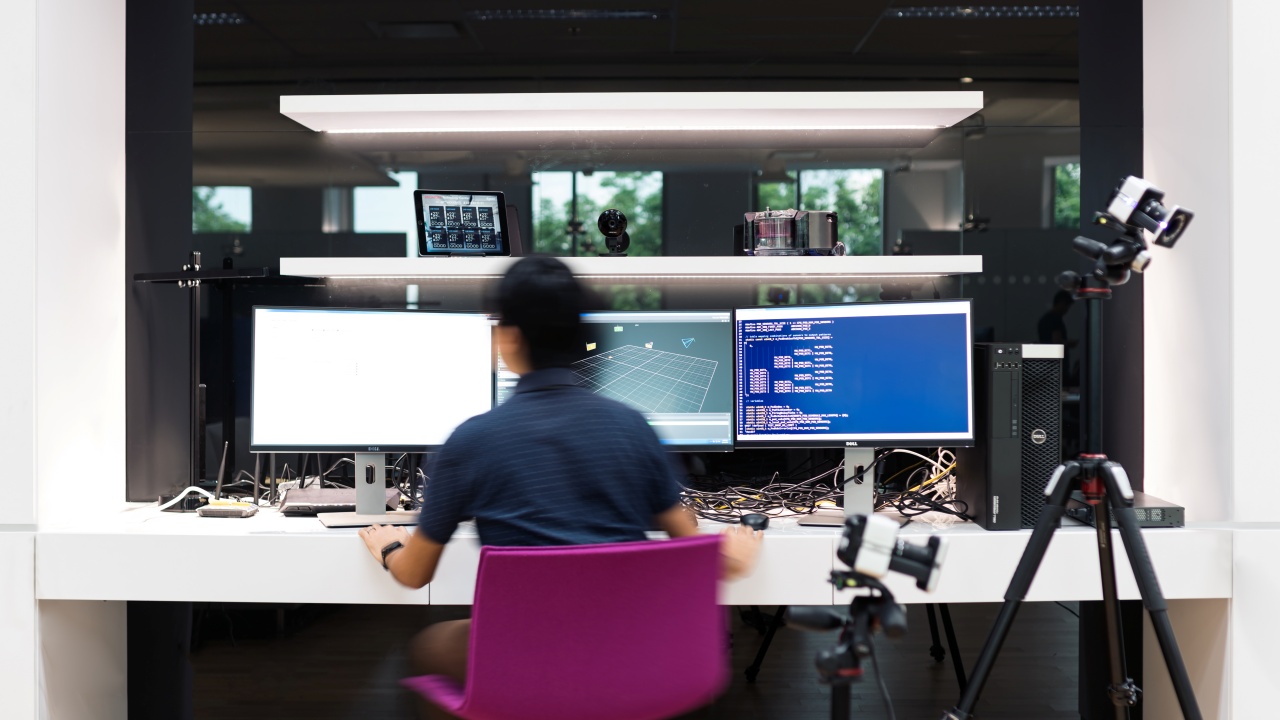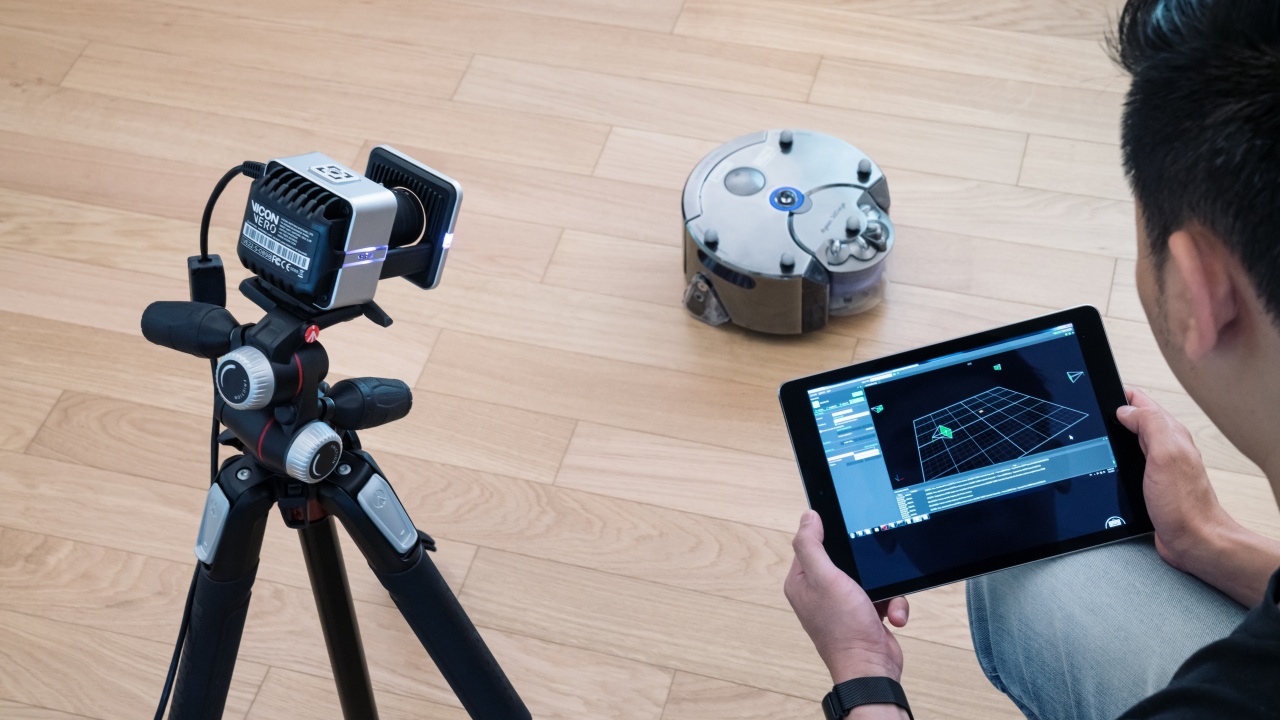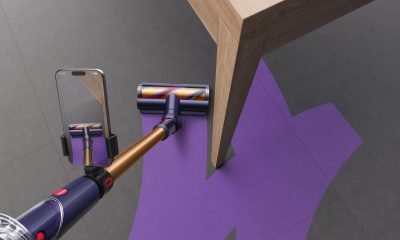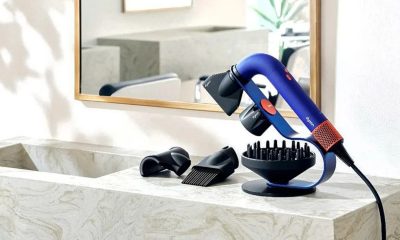
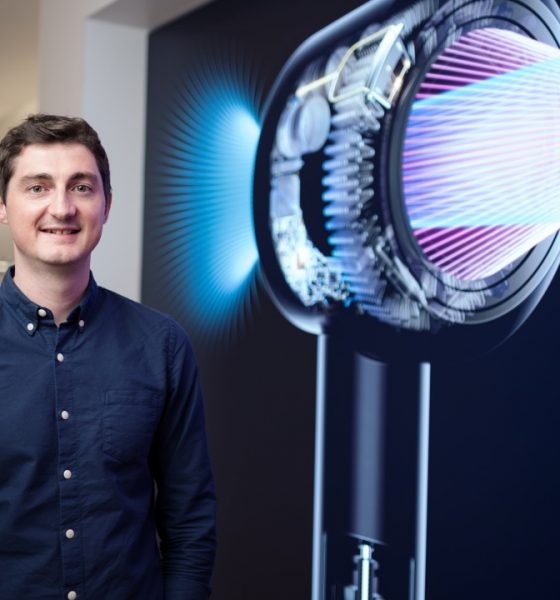
Enterprise
Dyson to hire 400 engineers in the Philippines for its new software R&D lab
The company believes in the country’s young and great engineering talent pool.
Technology company Dyson — the one behind those revolutionary hair styling tools and vacuums — is opening a new software lab in the Philippines. The company plans to hire 400 Filipino engineers with aims to develop embedded software for a new generation of intelligent machines.
“The Philippines is home to bright, young engineers who share Dyson’s ambition to develop technologies for the future,” Dyson Chief Operating Officer Scott Maguire said.
“Dyson has been growing in the Philippines for this reason and it is a nation that clearly celebrates both engineers and technology,” Maguire added, noting the existence of good technical universities in the country.
“We hire a lot of people straight from university. I came from university into Dyson,” admitted Maguire. “Our culture is very much about young, bright engineers filled with energy,” he added. “We’re confident that the talent pool is there.”
In 2016, Dyson opened its Philippines Advanced Manufacturing (PAM) facility in Laguna. The facility, which is responsible for producing the company’s Hyperdymium motor, spans ten thousand square meters and employs 600 people. This particular motor is at the heart of the company’s vacuums, the Supersonic Hairdryer, and the AirWrap.
The new software lab will be located in Alabang and is part of Dyson’s GBP 2.75 billion investment in future technology. The company is hoping to double its product portfolio by 2025. It’s also expected to accelerate the development of new Dyson machines that are often tasked with solving everyday problems intelligently.
It will also form part of Dyson’s global Research, Design and Development team, which spans, USA, UK, Shanghai, Singapore, and Malaysia.
Dyson recognizes Filipino talent
The announcement of the new software lab comes at the heels of a Filipino being the first ever sustainability winner of the James Dyson Award (JDA).
Called the AuREUS system, it’s invented by Filipino electrical engineering student Carvey Ehren Maigue from Mapua University. AuREUS is a material derived from rotting fruits and vegertables and can be attached to a pre-existing structure or surface to harvest UV light. It then converts it to visible light to generate electricity in a way that traditional solar panels can’t. Carvey’s ingenuity impressed James Dyson himself and received a prize of PhP 1,900,000.
Beyond the Philippines
The major investment in R&D also brings interesting developments in two other countries.
In Singapore, Dyson is progressing plans to open its new global head office complex. Its R&D facilities will also be expanded to cover a growing number of fields including machine learning and robotics.
A new University research program is also set to be established to drive product development. Plans are also being made for a new advanced manufacturing hub in the country.
Meanwhile, in the UK, the company is delving deeper into robotics research and AI, investing in the Dyson UK Innovation Campuses both Malmesbury and Hullavington. Both campuses employ over 4,000 people and are expected to drive new research in fields of study including products for sustainable healthy indoor environments and well-being.
Roles in the Philippines software lab will include embedded software engineers, automation test engineers, program managers, release train engineers, and more.
Interested? Candidates can now express their interest here or submit their application to [email protected].

For the longest time, Google kept Pixel and Android behind two different teams. While the Pixel team dealt with devices made by and for the brand, the Android team ships a product meant for brands outside of the company’s purview. However, the days of separation are at an end. Google is officially merging its Pixel and Android teams together.
In a shocking announcement, the company has confirmed that the teams handling hardware and software will fall under a single team headed by Rick Osterloh. Prior to the merge, Osterloh was the senior vice president of devices and service, which was Google’s hardware branch. He will now oversee both hardware and software.
Because of the new leadership change, Hiroshi Lockheimer, former head of Android, will now move on to other projects within Alphabet. Of note, the change is not harsh for Lockheimer. He and Osterloh had been contemplating on the merge for a while.
Now, why the change? As is the case with everything today, it’s all because of AI. Speaking to The Verge, Osterloh explains that the merge will help with “full-stack innovation.” With how technology is these days, it’s now impossible to develop AI without having a close eye on hardware, such as in Google’s AI developments for the Pixel camera. Merging the teams will help streamline development, especially when hardware is involved.
Despite the change, outside brands, like Qualcomm’s Cristiano Amon, remains confident of Android’s capabilities outside of Google. Just expect more AI coming out in the near future.

The ongoing trade war between the United States and China is putting a lot of companies out of business in one country. While all eyes are currently on America’s crusade against TikTok, China has launched a salvo of its own. The country has started banning AMD and Intel, starting with government devices.
Recently, as reported by the Financial Times, China has introduced a new rule that bans American chipsets and servers from government agencies. The new ban includes AMD, Intel, and Microsoft Windows.
In lieu of the now-banned brands, Chinese government agencies must use approved brands from a list of 18 Chinese manufacturers. Unsurprisingly, the list includes Huawei, another brand involved in the ongoing trade war. (Huawei is still banned on American soil.)
As with bans from America, China’s latest rules stem from a desire to implement national security. Both countries allege that using brands from the opposing side will open a potential avenue for transferring classified information.
Currently, the ban against the American chipsets are only affecting government devices. However, if it follows the same trajectory as Huawei and TikTok in the United States, a government-only ban might soon lead to an all-out ban on consumer devices. As TikTok is currently hanging in the balance, it’s unlikely that the trade wars will cool down anytime soon.

So far, Apple’s greatest enemy has been the European Union. Months and months of claiming that the company engages in anti-competitive practices, the region has successfully caused Apple to drastically change a lot of things about the iPhone including the Lightning cable. Now, a new challenger wants Apple to answer for its supposed grip on the industry: the United States government.
Today, the Department of Justice is officially suing Apple for supposedly monopolizing the smartphone industry and stifling competition. The lawsuit alleges that Apple’s lineup of products prevent users from trying out other brands. For example, Apple limits how well a third-party smartwatch works on an iPhone, pushing users to go for an Apple Watch instead.
The lawsuit also includes an important pain point in Apple’s fight in Europe. It says that the company makes it difficult for iPhone users to communicate with Android users (and vice versa). Late last year, the company already committed to supporting RCS as a messaging standard, finally easing communication between the two systems. Their adoption has yet to arrive, though.
Though not as stringent as Europe, the American government is no slouch when it comes to questioning its own companies for pursuing anti-competitive practices. In the past, it went through Google and Spotify to protect the interests of its citizens. The lawsuit against Apple is no different, gathering signatures from sixteen states.
For Apple’s part, the company aims to get the case dismissed, alleging the lawsuit’s unfair scope of just the American people when it targets the entire world.
SEE ALSO: Apple opens first Developer Center in Southeast Asia
-

 Events2 weeks ago
Events2 weeks agoStellar Blade: PlayStation taps cosplayers to play Eve for game’s launch
-

 Features1 week ago
Features1 week agoFortify your home office or business setup with these devices
-

 Gaming2 weeks ago
Gaming2 weeks agoThe Rogue Prince of Persia looks like an ultra-colorful roguelite
-

 Accessories2 weeks ago
Accessories2 weeks agoLogitech unveils G Pro X 60 gaming keyboard: Price, details
-

 Reviews1 week ago
Reviews1 week agorealme 12+ 5G review: One month later
-

 Gaming2 weeks ago
Gaming2 weeks agoLenovo confirms development of a Legion Go 2
-

 Deals2 weeks ago
Deals2 weeks agoTCL P635 TV: Big savings for TCL’s anniversary
-
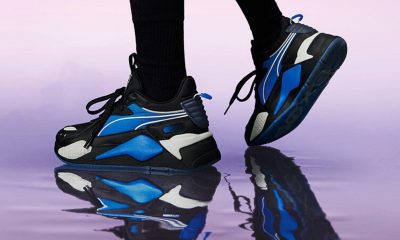
 Gaming1 week ago
Gaming1 week agoNew PUMA collection lets you wear PlayStation’s iconic symbols

